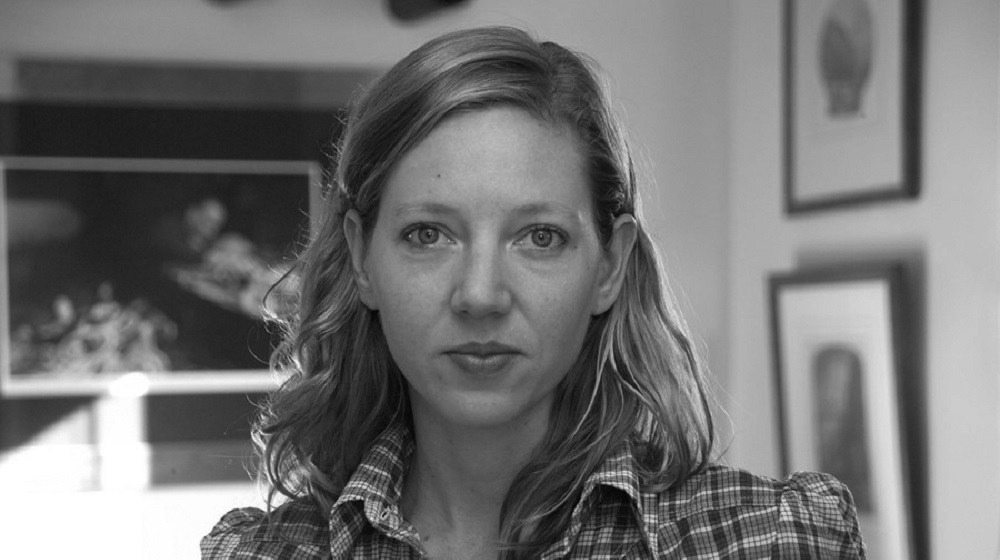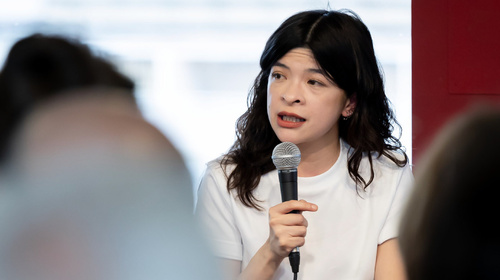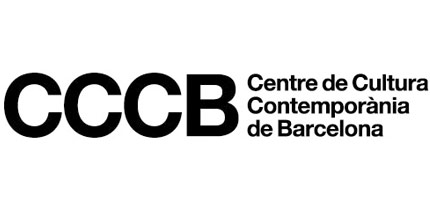Talks for secondary school students
A morning with Maggie Nelson
The practice of freedom
Education + Debate
What do we mean exactly when we defend freedom? This complex, continually contested word seems to be in crisis. What freedom were citizens referring to during the pandemic when they refused to wear a mask? Does caring for and taking responsibility for others restrict our freedom?
Maggie Nelson, one of the most unorthodox US writers, began writing On Freedom: Four Songs of Care and Constraint (Graywolf Press, 2021) following the election of Trump in 2016. In the slogans and speeches mobilized in those elections, freedom seemed detached and even contrary to responsibility (for oneself, for others, for the world, for the future). This prompted Nelson to position us at the indissoluble knot between autonomy and dependence.
Liberation, Nelson tells us, has to be distinguished from the practice of freedom; the former refers to a utopian state in which all the chains binding us to the world and to others would disappear. The latter, meanwhile, binds us in the indissoluble knot between freedom, care and constraint, where we have to learn to live and act. In this talk addressed at young people, Nelson invites us to recover the daily practice of freedom, and she does so by shaking up four very topical debates: art in the age of cancel culture, the failure of sexual optimism after #MeToo, the complicated relationship between drugs, addiction and the feeling of freedom they can give, and the tension between generational license and responsibility in the midst of climate crisis.
Moderators: Clara Serra
Participants: Maggie Nelson
This activity is part of Talks for secondary school students


